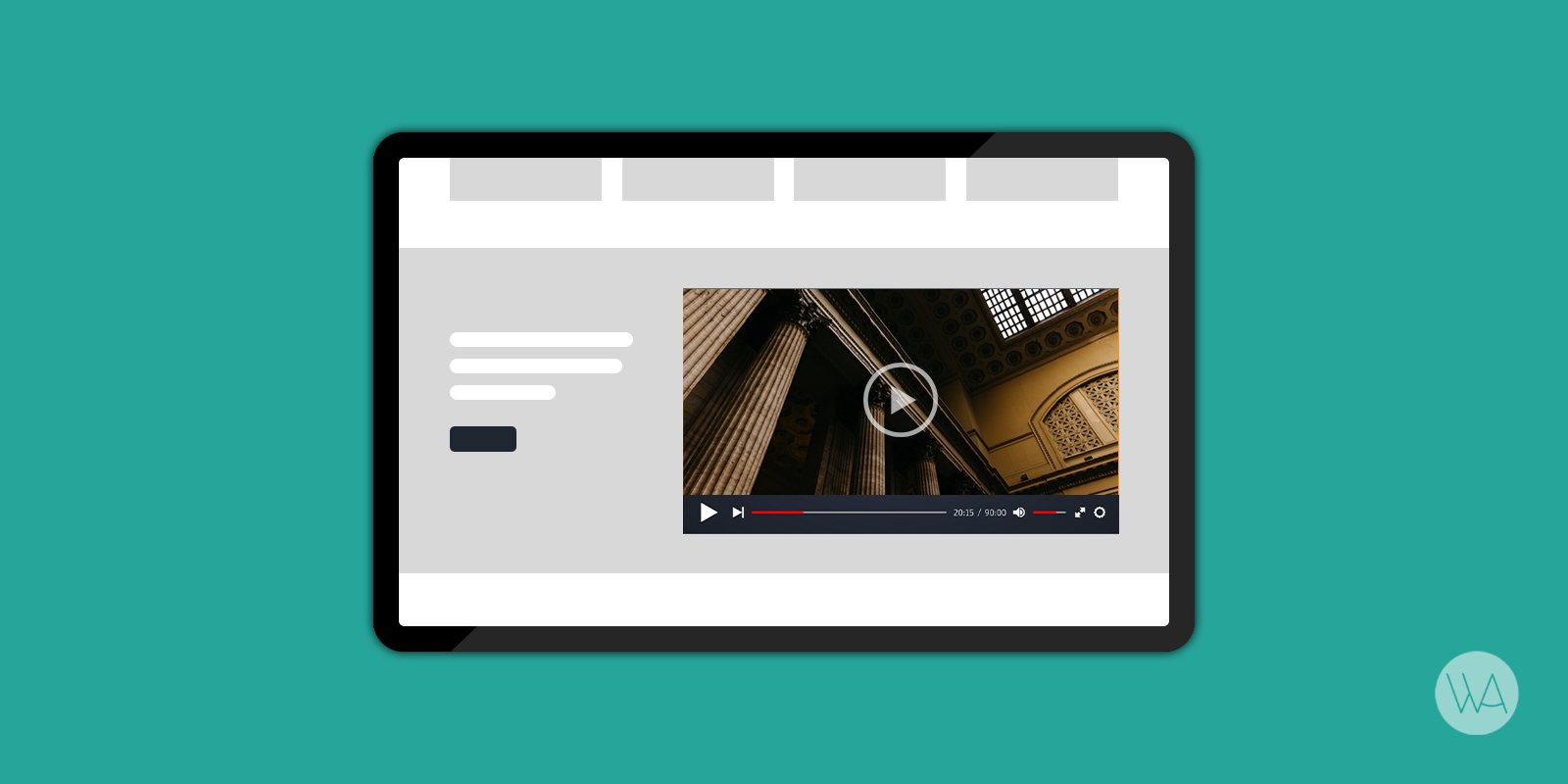Digital marketing is changing as the technology progresses, it adapts to new trends which means your advertising strategy needs to be reviewed from time to time in order to follow the pace of online trends. Content marketing, emails, SEO, and cross-platform marketing are still the dominant aspects of any marketing strategy.
Through the years, hashtags have been an effective way of categorizing your content and expanding your reach so your post could be seen by the part of the audience that still doesn’t follow your brand. However, after all these years and changes that happened in the online world, is it still a good idea to rely on hashtags in your campaign? In order to reach the answer, we are going to analyze this issue a bit deeper.
Hashtag #doesitmatter?
Since different types of audience have their own respective interests and online behavior, it’s important to keep in mind this state of affairs while applying your marketing strategy. Also, the success of your endeavor heavily depends on the platform you’re using to reach the public. In terms of applying hashtags, Instagram and Twitter are the most valuable playgrounds for hashtag implementation.
According to the most recent statistics, more than 70 percent of hashtags on Instagram are branded. In addition, the same resource claims that the use of hashtags on Instagram increases engagement by 12.6 percent. Furthermore, Instagram developers are clearly still considering the use of hashtags, the proof is the latest addition that allows users to follow a certain hashtag, which allows them to receive public content that they don’t follow yet, simply because it holds a followed hashtag.
Followed hashtags can be a great opportunity to reach a new audience, especially if you run a startup company. Although most organic traffic derives from Google, it’s not that easy getting on the first page. Feedback is important in the early days of your work, however, it’s unlikely that users would use a business name in their search and go for academized review when searching for agencies that write ninja essays. On the other hand, if you’re often looking for services that provide everything on time and with proper quality, following a related hashtag could keep you updated with potential newcomers that provide good service.
Twitter practically invented hashtags and put it to use in order to group conversations on certain topics that were primarily of public interest. It didn’t take long for brands to notice the potential of this new addition and started promoting their brands using hashtags. In 2012 Audi created one of the most successful hashtag-driven campaigns asking the people to share creative twits using #WantanR8 and made a tremendous success. On the other hand, Calvin Klein started a Twitter campaign asking people to share photos wearing CK outfit and although the campaign was initially intended for Twitter, the campaign took major response on Instagram where it still receives a lot of attention with more than 700 thousand posts since 2014 when it all started.
Using hashtags for marketing purposes on Twitter, according to research, is a tricky business. Tweets with hashtags receive two times higher engagement but if you decide to use more than 1-2 hashtags you could face a drop of audience engagement by 17 percent. This means that hashtags still play a significant role on Twitter, but it takes creativity and a cleverly developed strategy in order to enjoy the fruits of your endeavor.
Can a hashtag #fail?
There are numerous examples of hashtag campaigns going wrong, most of the fails are caused by unfortunate phrasing where hashtags are often read wrong. However, some of the more notable fails are caused by poor timing. In 2011 Entenmann’s bakery published a Tweet using #notguilty at the same time when the same hashtag was already getting a lot of attention following Casey Anthony verdict concerning the death of her 2-year-old daughter. The company published an apology, along with the explanation that the company should have checked the trending before deciding to go along with the hashtag.
In a more recent event, Lockheed Martin’s campaign backfired (no pun intended) when they asked users to post photos with some of the famous weapon manufacturer’s products for the World Photo Day. The community responded with photos containing bloody backpacks and fragments of bombs developed by Lockheed Martin that were used in Yemen at the time. The lesson here is to be careful about using hashtags for public calls to action.
Conclusion
Although Facebook, Pinterest, and many other popular social platforms implemented hashtags a while ago, it appears that the use of this marketing tool stuck only on Instagram and Twitter. Depending on your audience and the nature of your business it’s good to plan out your campaign and decide which option would show the best results for your goals. In addition, before publishing your content using a certain hashtag you should check the trending and make sure you are not using a phrase that could do you more harm than good.






